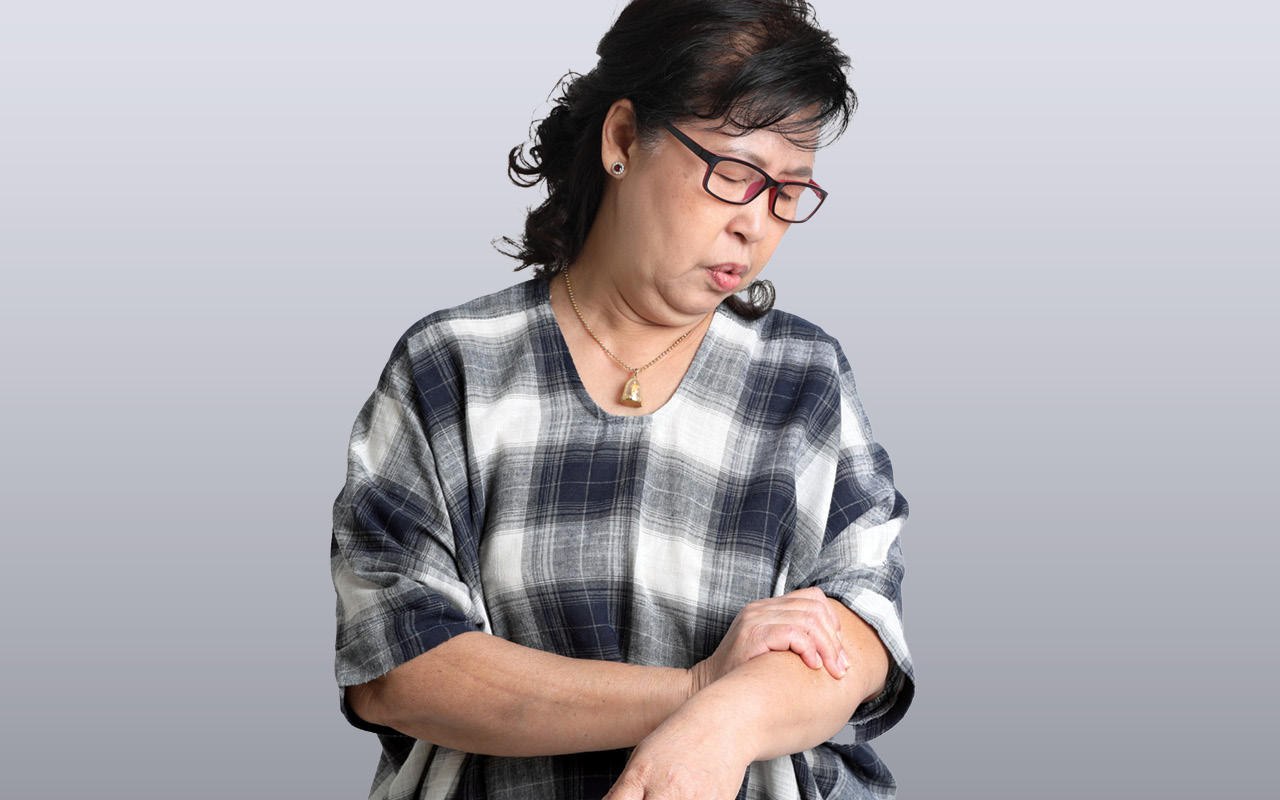“Lymphedema is a type of swelling in various areas of the body that can cause uncomfortable symptoms and put you at risk for other health problems,” says Kelly Gray, PT, a physical therapist and Rehabilitation Manager at Penn Medicine Princeton Medical Center Princeton Rehabilitation. “If left unmanaged, the condition can increase your risk of infection in the affected area, result in stiffness or soreness in the affected area, and reduce mobility and the ability to accomplish daily tasks or care for yourself.”
Keeping a watchful eye of lymphedema symptoms is important. While not everyone who has undergone lymph node removal as a result of cancer treatment develops the condition, it is common, and can occur at any time from shortly after surgery to more than a year after treatment.
One-on-One Therapy
“While there is no cure for lymphedema, the condition can be treated and managed to keep swelling down and relieve symptoms,” says Gray. “The key is to prevent infections and encourage the fluid to flow out of the swollen area. One-on-one treatment by certified lymphedema therapists in the Lymphedema Program at Princeton Medical Center is designed to do that, and can make it easier to resume your daily activities.”
Treatment may include:
- Exercises to help lymph fluid drain, which reduces swelling
- Massage to help lymph fluid drain from swollen areas
- Compression bandaging and compression garments to help redirect lymph fluid from your extremities so it can be naturally flushed through your system
In addition to therapy, individuals living with lymphedema should follow these tips:
- Keep skin clean, moisturized with lotion, and protected from the sun and extreme cold, in order to prevent cracking that can result in infection.
- Keep cuts clean and bandaged.
- Avoid wearing tight clothing and jewelry, which restrict lymphatic fluid flow.
- If your arm or leg is swollen, elevate it above your heart whenever possible.
- Wear compression garments as prescribed.
- Maintain a healthy weight, eat a balanced diet, exercise, and get proper sleep.

